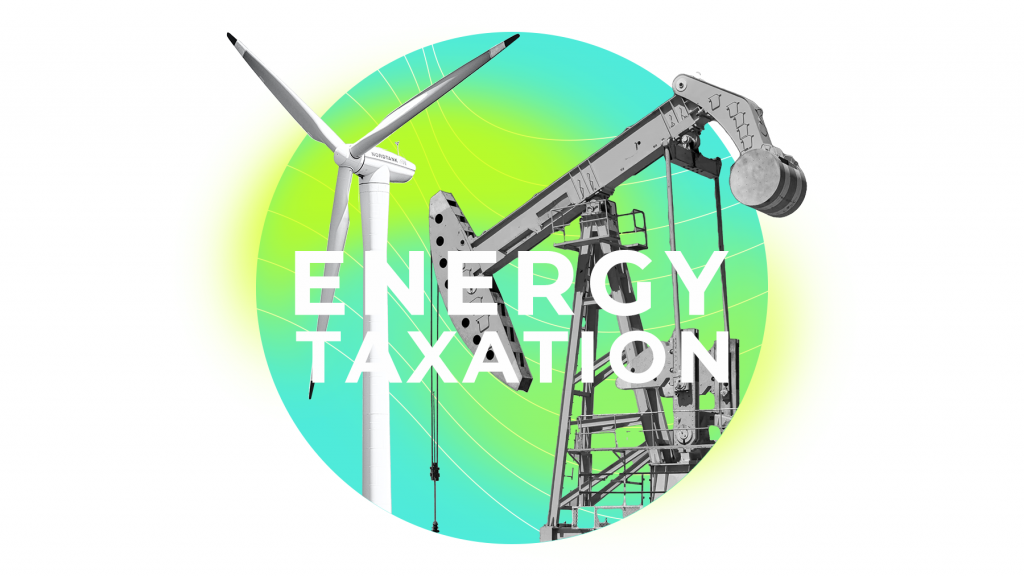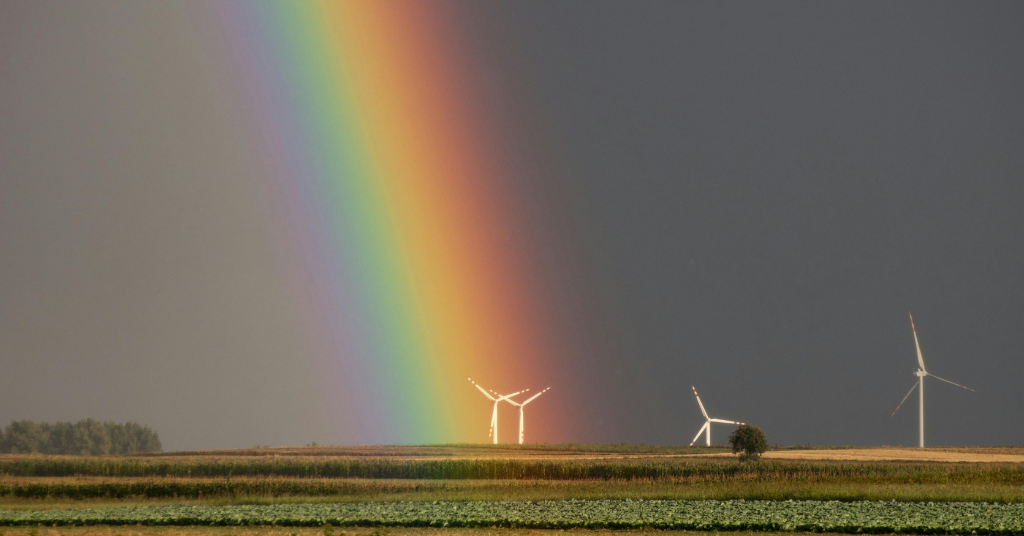The European Union is facing several challenges in terms of energy taxation. With the rise of global warming and other environmental issues, the need to reduce emissions and increase energy efficiency has become increasingly important, leading to the introduction of various energy taxation measures across Europe to incentivize the use of more sustainable energy sources and encourage energy conservation.
Who pays?
Energy taxation in Europe is based on the ‘polluter pays’ principle, whereby those who cause environmental damage or use energy inefficiently pay for the costs of their actions. This is done through taxes imposed on energy or energy-related products. These taxes can be divided into two main categories – direct and indirect. Direct taxes are typically charged on the production and consumption of energy, whereas indirect taxes are usually imposed on energy-related products and services.
Direct taxes
Direct taxes are generally imposed on energy production, such as coal, natural gas, and oil. These taxes are designed to encourage the production of cleaner energy sources and discourage using less sustainable sources. For example, a ‘carbon tax’ is imposed on the production of fossil fuels to incentivize their replacement with more sustainable energy sources.
Indirect Taxes
Indirect taxes, meanwhile, are typically imposed on energy-related products and services, such as electricity and fuel. These taxes are primarily designed to encourage energy conservation and reduce energy consumption. For instance, electricity and fuel taxes are designed to discourage these energy sources while providing a financial incentive for using more efficient products and services.
Taxes and what else?
In addition to direct and indirect taxes, the European Union has many other measures to promote energy efficiency and conservation. These include grants and incentives for the installation of energy-efficient appliances, as well as the use of renewable energy sources.
Overall, energy taxation in Europe is essential in promoting energy efficiency and conservation. Through the imposition of direct and indirect taxes and other measures, the European Union is providing financial incentives for the use of more sustainable and efficient energy sources, with this helping to reduce emissions and promote a more sustainable future for Europe.




